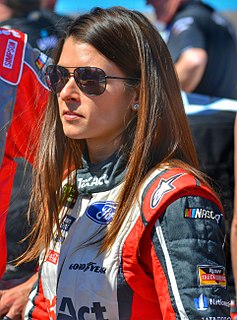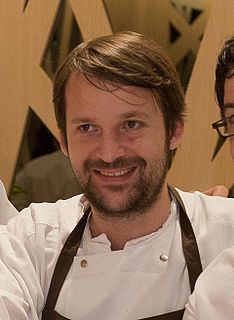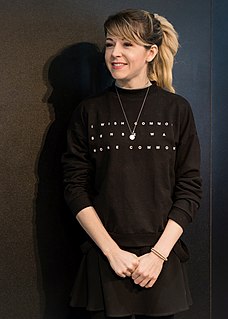A Quote by Mark Millar
The success [of the X-Men], I think, is for two reasons. The first is that, creatively, the book was close to perfect ... but the other reason is that it was a book about being different in a culture where, for the first time in the West, being different wasn't just accepted, but was also fashionable. I don't think it's a coincidence that gay rights, black rights, the empowerment of women and political correctness all happened over those twenty years and a book about outsiders trying to be accepted was almost the poster-boy for this era in American culture.
Quote Topics
About
Accepted
Almost
Also
American
American Culture
Being
Being Different
Black
Book
Boy
Close
Coincidence
Correctness
Creatively
Culture
Different
Empowerment
Era
Fashionable
First
First Time
Gay
Gay Rights
Happened
Just
Men
Other
Outsiders
Over
Perfect
Political
Political Correctness
Poster
Reason
Reasons
Rights
Success
Think
Those
Time
Trying
Twenty
Two
West
Women
Years
Related Quotes
In part I'm just mystified. Here's a woman, Hillary [Clinton], who wrote a book about it takes a "village" to raise children. It wasn't about a book about "it takes a pill." There's a "double think" that the modern person often has. Anything that's called "science" is accepted as an absolute and sweeps reason away.
I did not disregard my culture, if I did, it was the white American culture, and I accepted my true culture, when I accepted Mohammed Ali, because this is a black name, Islam is the black man's religion, and so I would like to say, that I would like to clarify that point that I reclaimed my real culture, and that's being a black man and wearing a black name with a black body, and not a white name, so I would never say that I didn't disown my culture.
Claudia Rankine's book-length poem 'Citizen' was nominated for National Book Critics Circle awards in the categories of poetry and criticism. It is one of the most devastating takes on American culture I have read in a long time, laying bare the stakes of being black in a country long ambivalent about our presence here.
I didn't write professionally at first. It took me nine years to get anything published. At the beginning I mostly wrote picture books, which were rejected by every children's book publisher in America. The first book of mine to be accepted for publication was ELLA ENCHANTED, and not one but two publishers wanted it. That day, April 17, 1996, was one of the happiest in my life.
In America, and no doubt elsewhere, we have such a tendency toward the segregation of cultural products. This is a black book, this is a gay book, this is an Asian book. It can be counterproductive both to the literary enterprise and to people's reading, because it can set up barriers. Readers may think, "Oh, I'm a straight man from Atlanta and I'm white, so I won't enjoy that book because it's by a gay black woman in Brooklyn." They're encouraged to think that, in a way, because of the categorization in the media.






































